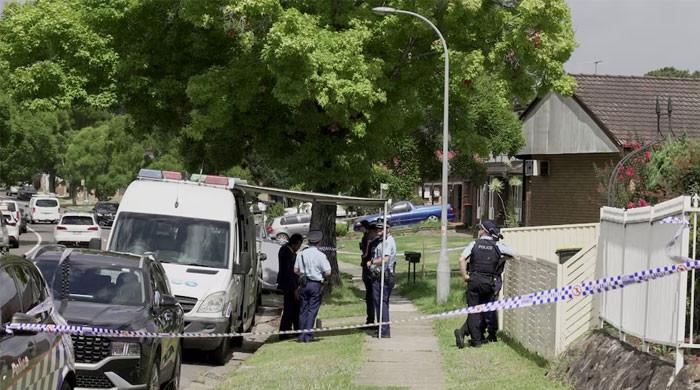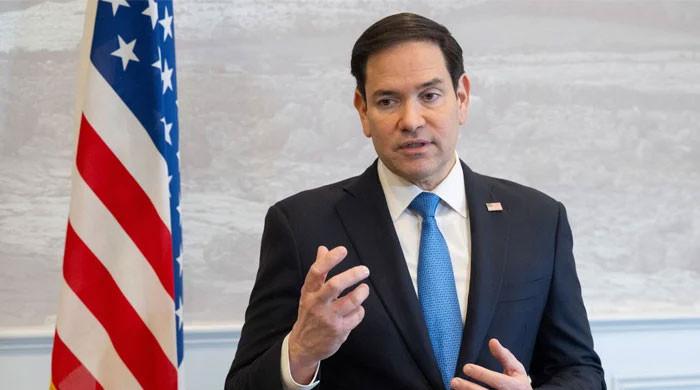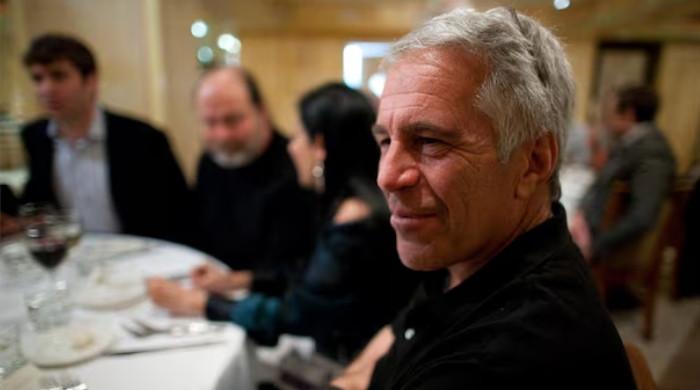Britain to proscribe Iran's Revolutionary Guard as terror group
Proscribing Iran's Revolutionary Guard as a terrorist group would mean that it would become a criminal offence to belong to the group
January 03, 2023
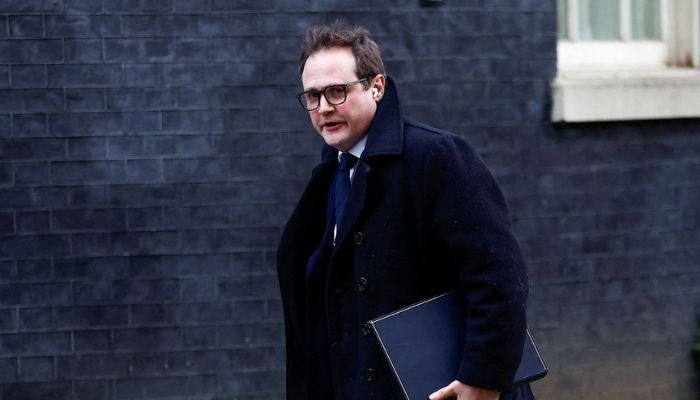
- Iran's Revolutionary Guard arrested seven people with links to UK.
- Britain will declare Iran's Revolutionary Guard terrorist group.
- Britain's Prime Minister urged Iran to stop detaining dual nationals.
Britain will officially declare Iran's Revolutionary Guard, which has arrested seven people with links to the United Kingdom over anti-government protests, as a terrorist group, the Telegraph reported on Monday, citing sources.
The move, which will be announced within weeks, is supported by Britain's security minister, Tom Tugendhat, and Home Secretary Suella Braverman, the report said.
Proscribing Iran's Revolutionary Guard as a terrorist group would mean that it would become a criminal offence to belong to the group, attend its meetings, and carry its logo in public.
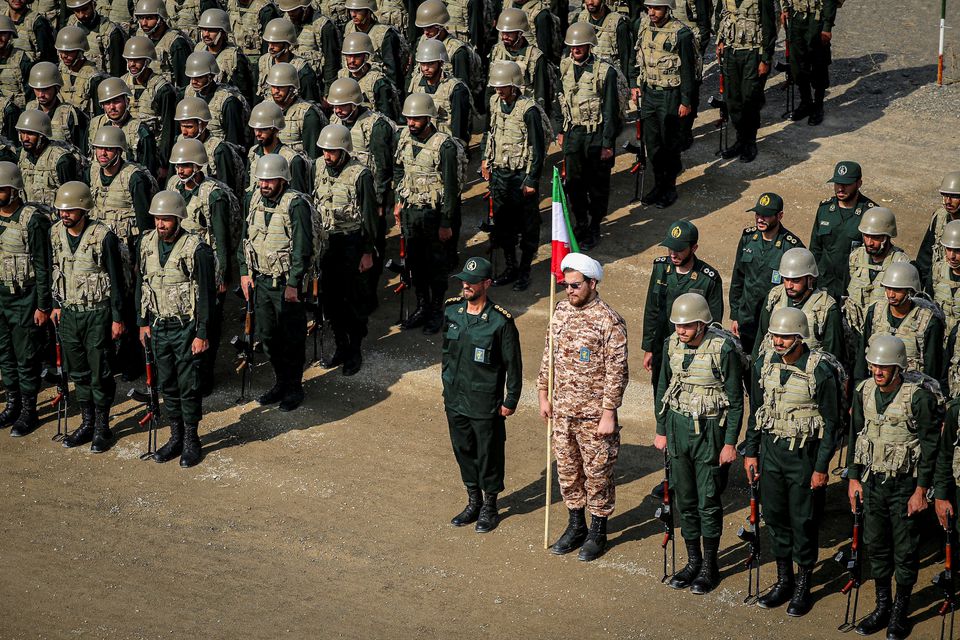
The UK Home Office did not immediately respond to a request for comment on the Telegraph report.
Iran's Revolutionary Guards last week arrested seven people with links to Britain over anti-government protests that have rocked the country following the death of Mahsa Amini, a 22-year-old Kurdish Iranian who was arrested for wearing "inappropriate attire".
Britain's Prime Minister Rishi Sunak on Wednesday urged Iran to stop detaining dual nationals, saying the practice should not be used to obtain "diplomatic leverage".






